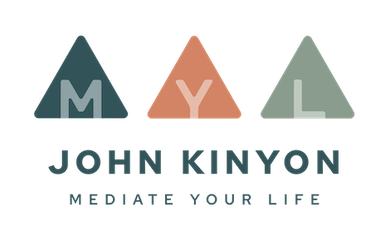The Future of Democracy
“It is for us the living… to be dedicated here to the unfinished work which [others]… have thus far so nobly advanced. It is rather for us to be here dedicated to the great task remaining before us – that government of the people, by the people, for the people, shall not perish from the earth.”
– Abraham Lincoln, The Gettysburg Address
We are now in a time of increasing social fear, turbulence, fragmentation, and disconnection. This seems to be bringing to fuller light and visibility the ways in which the integrity of democracy itself has become compromised in the world, particularly in the United States. There have been other times in the past. This time there is the added element of human impact on the environment and the incredible power of technology advancing at an exponential rate. The health, well-being, and sustainability of life on this planet is now at risk.
There are forces acting on the systems of government and politics that seem to be increasingly weakening the pillars and foundations of democracy – trust in the media, truth and facts, the independence and healthy functioning of the branches of government, the amount of influence of money and the degree of economic and other systemic inequalities, the integrity of law and justice. Society is dividing and fragmenting into increasingly polarized groupings of identity and ideology. There is growing mistrust and antagonism.
There are also people around the world who are working to strengthen the healthy, robust functioning of democratic government “of the people, by the people, for the people.” There is an opportunity now to evolve to a new level of self-governing that better meets the needs of the whole population. In the process of doing this I see an even greater possibility to fulfill the promise of a global system of united nations working together to respond to the challenges and crises humanity faces and create a sustainable and healthy world for all people and life on the planet.
A critical component of this work to strengthen and evolve democracy is I believe for enough people to learn the skills and structures of empathic communication, to see this as part of general human health and wellness, and to start refusing to cooperate with anything that is not in harmony with this. Mindfulness-based empathic conversation and community-building can help us bridge our differences and work together cooperatively, even when this is most difficult to do. In order for the recovery and advancement of democracy and international partnership to happen, I believe a critical mass of the public needs to engage in this kind of conversation with not only those of opposing political viewpoints, but with the small percentage of the population who hold structural (i.e. corporate and political) power and much of the world’s wealth and resources. The energy and power of conflict can be forged into the connection and cooperation that can move us toward the better world we envision.
Here is a book I highly recommend, Winners Take All: The Elite Charade of Changing the World by Anand Giridharadas.
